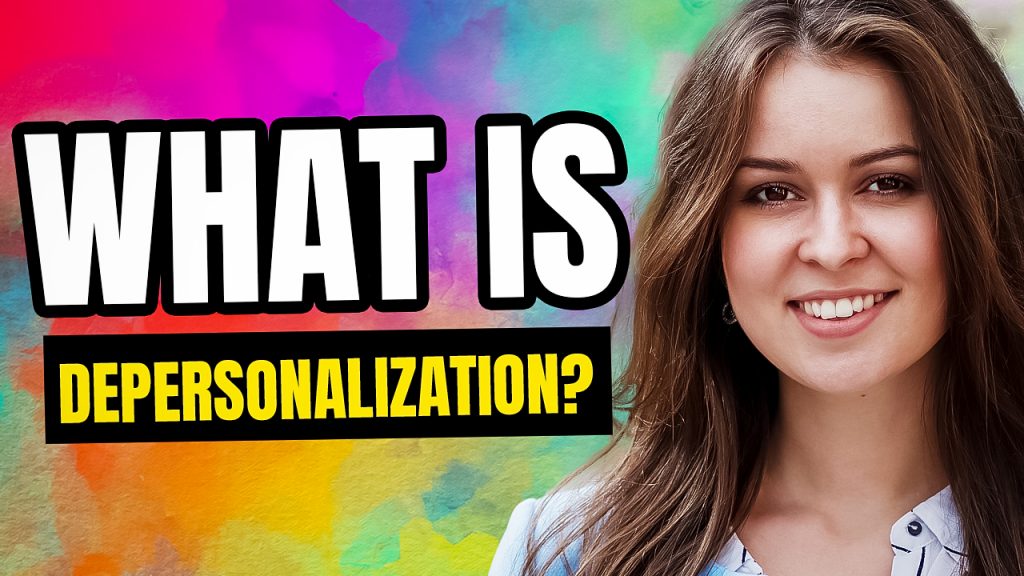
Depersonalization is a psychological condition characterized by feeling disconnected from one’s own thoughts, feelings, and body. People who experience depersonalization often feel as if they are observing themselves from outside of their body, or as if they are living in a dream-like state. The experience can be distressing and unsettling, and can affect many aspects of a person’s life.
Depersonalization is a relatively common experience, with up to 50% of people experiencing it at some point in their lives. It is often associated with anxiety and other mental health conditions, although it can also occur in isolation. Depersonalization can also be a symptom of a physical illness, such as a seizure or brain injury.
The experience of depersonalization can be difficult to describe, as it often involves a sense of detachment from one’s own thoughts and feelings. Some people describe feeling as if they are watching themselves from a distance, or as if they are in a movie or a dream. Others report feeling as if their body is not their own, or as if they are floating above it.
Depersonalization can be a persistent experience, or it can occur episodically. It can also vary in intensity, with some people experiencing mild depersonalization that is easily managed, while others experience severe depersonalization that significantly affects their daily life.
There are several potential causes of depersonalization. One theory is that it is a defense mechanism that the brain uses to protect against overwhelming anxiety or trauma. Another theory is that it is caused by a disruption in the way that the brain processes sensory information.
Depersonalization can be diagnosed through a psychiatric evaluation, which may include questions about the person’s thoughts, feelings, and behaviors. It is often diagnosed alongside other mental health conditions, such as anxiety or depression.
Treatment for depersonalization varies depending on the underlying cause and the severity of the symptoms. For some people, simply understanding and accepting the experience can be helpful. Others may benefit from therapy, medication, or a combination of both.
Cognitive-behavioral therapy (CBT) is a type of therapy that is often used to treat depersonalization. CBT focuses on identifying and changing negative thought patterns and behaviors, which can help reduce anxiety and improve overall functioning.
Medications that are sometimes used to treat depersonalization include antidepressants, anti-anxiety medications, and antipsychotics. However, these medications are not always effective and can have side effects.
In addition to therapy and medication, there are several self-care strategies that can help manage depersonalization symptoms. These include practicing mindfulness meditation, engaging in physical activity, getting enough sleep, and avoiding substances that can worsen symptoms, such as caffeine and alcohol.
While depersonalization can be a challenging and distressing experience, it is important to remember that it is a treatable condition. Seeking help from a mental health professional can be an important first step in managing symptoms and improving overall functioning.
In conclusion, depersonalization is a psychological condition characterized by feeling disconnected from one’s own thoughts, feelings, and body. It can be a distressing experience that affects many aspects of a person’s life. While the exact causes of depersonalization are not fully understood, it is often associated with anxiety and other mental health conditions. Treatment for depersonalization varies depending on the underlying cause and the severity of the symptoms, but may include therapy, medication, and self-care strategies. With proper treatment and support, many people with depersonalization are able to manage their symptoms and improve their overall quality of life.
This Post is Brought To You By BetterHelp